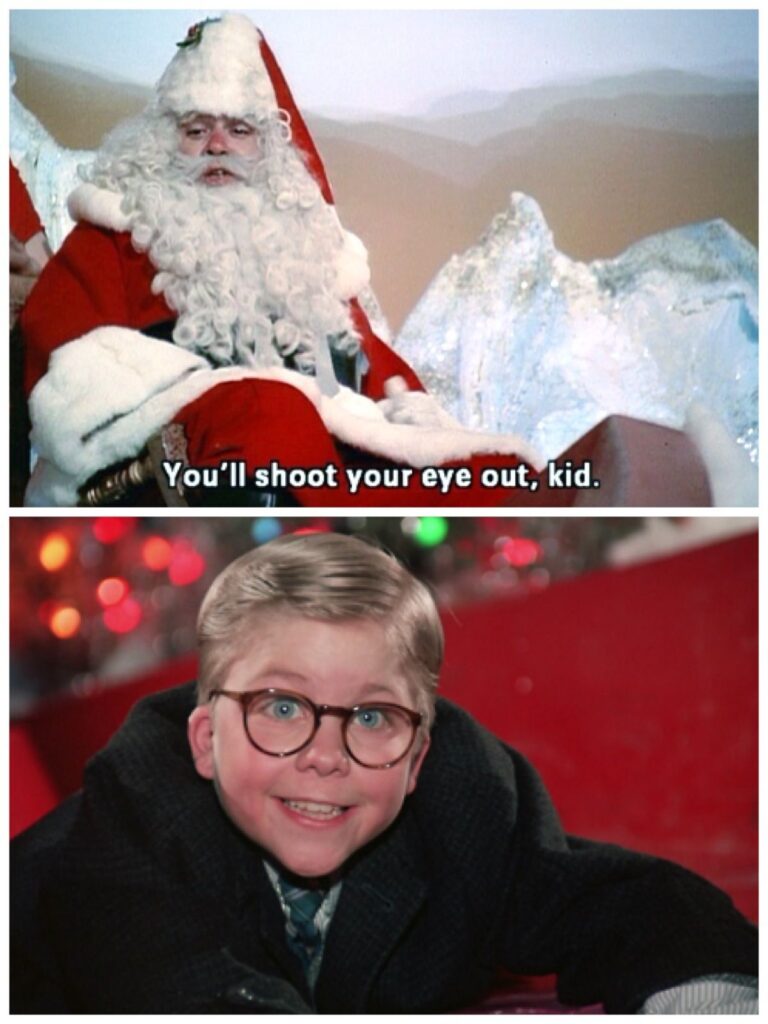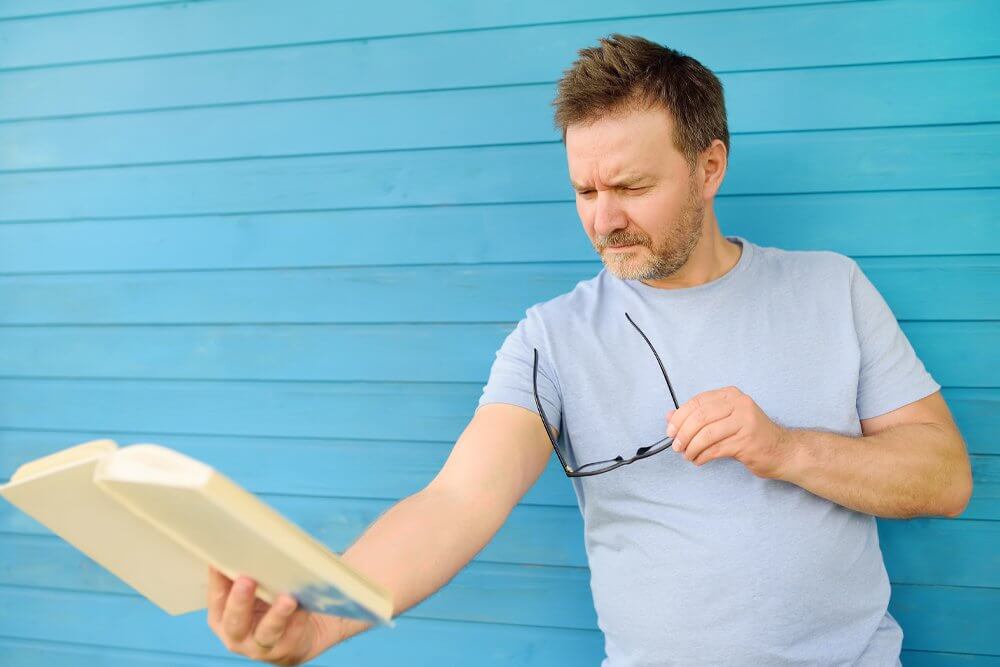Eye Care
Watch Us in Action in Costa Rica
Here's a glimpse into our 2024 service trip and vision clinics in San Isidro, Costa Rica.
Read MoreApril Is Women's Eye Health Month
Did you know that women have a greater chance of developing certain eye diseases compared to men? Women develop blindness and have visual impairments twice as much as men. This means that 2/3rds of people with blindness and vision problems are women. Many women aren't aware that they have a higher risk for developing eye…
Read MoreWhy Is Family Health History Important For Vision?
Families can share many things across generations — like the color of our eyes or hair. And sometimes, that can include eye health. A family health history is a record of the things your family may share that could affect your health, including your eye health. Many hereditary eye diseases won't show symptoms until later…
Read MoreTips to Enjoy the Holidays Safely
As gift wish lists are checked off, it's hard not to think of Ralphie in the holiday classic A Christmas Story. All he wanted was an official Red Ryder carbine action BB gun! While it's a good laugh, there are definitely some toys we know to flag as unsafe. But there are some other parts…
Read MoreEast Hill: New Look, Same Excellence
We've reopened our East Hill location and are pleased to share our expansion and improvements with you! Our new optical department can now hold over 1000 frames and we've made sure to give you and anyone accompanying you to your appointment ample space in our new waiting room. In addition to our brand new wing,…
Read MoreKeep Your Eyes Safe on Halloween
Halloween, with its timeless traditions of costumes and trick or treating, is usually great fun for people of all ages. However, keep your eyes safe and don't let an eye infection be the scariest part of your Halloween! Educate yourself and others about the dangers (including eye sores and vision loss) of improper makeup, masks…
Read MoreWhen Will I Need Reading Glasses?
Aging is inevitable, and as you get older, you may notice some changes in your vision and ask yourself if it's time for reading glasses. Just as your body works a bit differently than it once did, the same rules apply to your eyesight. You've probably seen people looking at phones or reading material with…
Read MoreDoes My Child Need Glasses?
As children head back to school, the exciting and hectic time of new teachers, friends, activities and schedules may have you and your child overlooking a very important factor when it comes to their education - optimal vision. Learning happens through the eyes with 80% of learning being visual. So, if your child has poor…
Read More5 Tips For Healthy Eyes During Summer
It's the season for fun in the sun, and we've got some proactive tips for healthy eyes during summer. Eye problems can be experienced at any time of year and affect anyone at any time, but during summertime, a few types of issues may be more likely to develop. Below are some common eye problems…
Read MoreThe Latest Way To Choose Glasses
One of the things we strive to do at Gulf Coast Vision Center is keep up with cutting edge technology and equipment to ensure our patients get optimal care and service. One new tool that we are proud to use in our Opticals is the OptikamPad. When choosing a new pair of glasses, OptikamPad gives…
Read More





